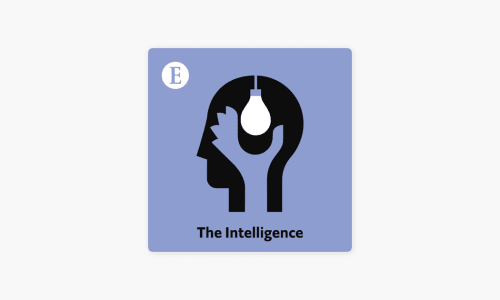See all The Intelligence from The Economist transcripts on Applepodcasts

Balancing of Powers: India’s foreign policy
29 minutes
🇬🇧 English
Summaries Topics Transcript Chapters Titles Socials Twitter Blog Post Newsletter Quotes Quizzes Ask ChatGPT

Omnivision Solutions Ltd
- Getting Started
- Create Transcript
- Pricing
- FAQs
- Recent Transcriptions
- Affiliates